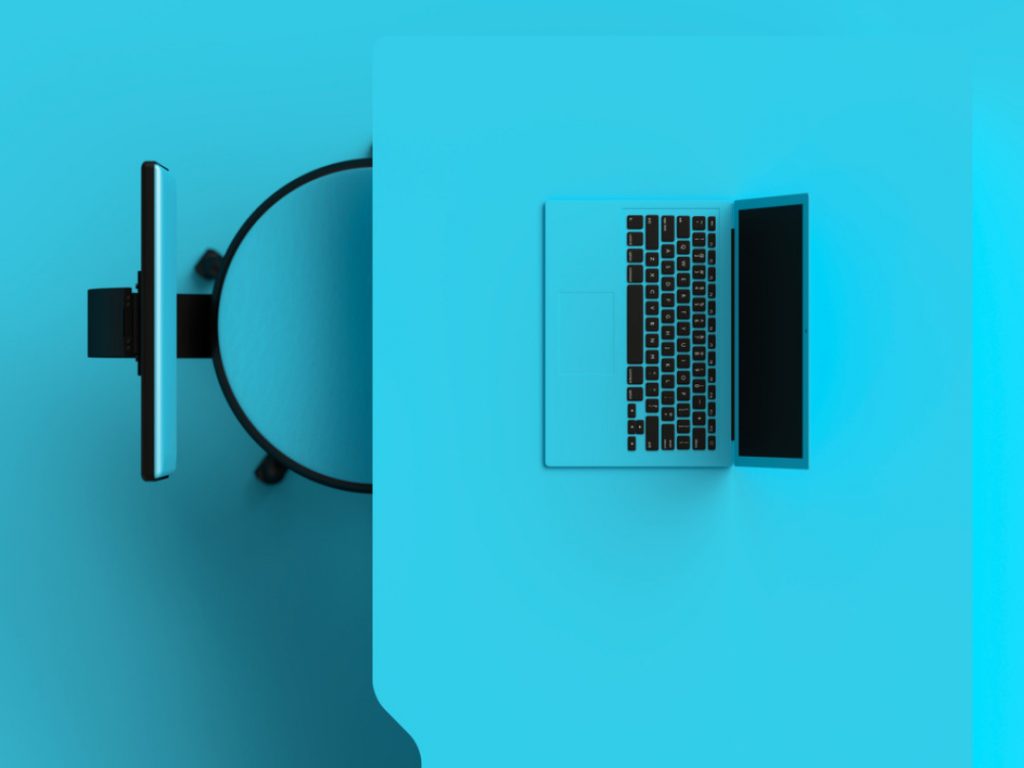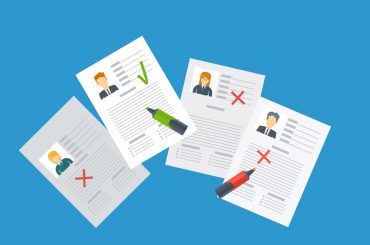The whole world gradually moved to work from home because of quarantine. It is unknown when the pandemic will end, but we will likely have to spend a long time in the new regime, which means that we need to adapt to it.
Table of Contents
How to organize a workplace?
First, no matter how difficult it is, you need to tune in. Working from home is not a vacation or a weekend. As soon as you realize that you can work remotely productively, you need to take care of the equipment of the workspace.
It’s not necessarily a chair or desk, but it should be a place that’s comfortable to work with, ideally insulated from the rest of the household. It will make it easier to tune in to a productive way.
Try to consider all the little things that can come in handy: sockets, pen, notepad, thermos with your favorite cocoa, so as not to knock down the working rhythm once again. If you’re distracted by foreign sounds, you can use soundproof headphones.
The second important step is to agree with your pets (if they are) about how you will interact during the day. It isn’t easy to separate work and family when they are so close to each other.
How to make a schedule
I have worked from home for more than five years, and I want to say that the main thing in this story is not to go wild. Remotes need a lot more self-discipline: too many temptations and the boundaries between work and rest are gradually blurred. It’s midnight before you know it, and the plan for the day is not fulfilled and half. It’s the same with household chores. You’ve got to look after yourself!
Work schedules, regular breaks, and meals are good habits for work in the office and at home. In this respect, there is almost no difference.
It would be best to work at home on the same schedule as in the office: start and finish the working day as you used to. Do not give yourself indulgences, such as “I’ll sleep a little longer and finish later” – it is fraught with the fact that the work will never end.
Plan global tasks for the next few days at the beginning of the week and the beginning of the working day – break them into small and solve a little. Write down all the tasks in a notebook or make a calendar to erase what you have solved. A large number of crossed-out tasks will give more motivation.
Don’t forget about the rest. Undoubtedly a bonus when working from home – the opportunity at this time to lie down or even sleep. The main thing is not to overdo it. But you can safely be lazy during the rest of the holiday at 100%.
Rhythmicity is also helpful in nutrition. Another plus in working from home – you do not need to spend an hour for lunch. Instead of going to the dining room or the nearest cafe, you can walk to the kitchen and cope in 10-15 minutes. The remaining time can be spent on sleep or walking – if the environment allows you to do it.

How to develop discipline
Self-discipline is not an innate quality, and like any other skill, it requires daily practice. Working remotely, try not to break your usual mode. Of course, no one forces you to go up the alarm clock at seven, but to lie in the arms of unabashed procrastination until two o’clock in the afternoon is also not worth it. The time when a person wakes up determines how productive his day will be. We woke up, drank coffee, squeezed the kitten – and for work.
Regulate the beginning and end of the working day and stick to this schedule. Stephen King writes every morning from 9 a.m. to 12, locking himself in his office, the rest of the time he rests.
Always plan your business for the day ahead. Alternatively, you can make a list of work and household chores. The main thing is not to deviate from it. Another critical point: the tasks in the list should have a deadline.
Monotonous work can quickly tire, so dilute the dull format with other activities. Some issues with colleagues can (and should) be solved by phone or video link instead of boring correspondence in corporate mail. During calls, it is essential not to be distracted and to remember the purpose of your communication.
At the end of the working day, objectively assess your work, get rid of imposter syndrome, get satisfaction from your work, say to yourself: “Today I worked hard, now it’s time to relax.“

Concentration apps
For concentration, I use Pomodoro; there is a good technique of proper distribution and time control. Tasks can be performed for 25 minutes (tomatoes), then take a short break.
And I use Tick–Tick to schedule and account for cases. It is free, convenient, and most importantly, you can divide the tasks into professional, every day, and personal.

Useful deleter habits
It is essential to tune in in the morning for a productive day and bring yourself into a working-class look. After getting up, make your bed, take a shower, and comb. Remember that today is a working day, not a day off when you can look and feel as relaxed as possible.
Make sure the environment is also in order. Wash dishes immediately after the meal, remove the packages from the yummy in the trash – then during the day, you will not be distracted by these household trifles.
Take advantage of work from home – you can periodically lie down, change the workplace, choosing the most convenient. Do a warm-up, for example, every hour. You can practice asanas from yoga or squat – around will not be surprised faces of colleagues, and no one will condemn.

How to get rid of distractions
First, you need to decide what exactly distracts you at home. Usually, the awareness of this list comes with experience, perhaps even after the first remote working day. It can be family members or pets, or household chores – throw laundry, cook, pour flowers, hang laundry, snack. And if you can still agree with family members and from cats to fence off, then business a little more complicated. We need to stay ahead of the curve! Put your homework on your day’s to-do list and do one at a time, for example, every hour. Make a schedule so as not to act chaotically and effectively to spend time. This will help to distract from routine work tasks and diversify workdays. And in the evening there will be more time to rest.
You can introduce a rewards system to encourage yourself to do things more effectively. Solved the problem – eat a good taste. Solved two problems – play with your pet for five minutes. The main thing is to stick to the schedule and do everything that is planned.
How to avoid burnout when you work remotely
The fact that employees burn out because of isolation and lack of communication is a myth. Often it comes from fatigue and a lot of tasks.
Remote work involves a more accessible schedule, which often results in a person spending too much time at work, blurring the boundaries between work and life. Remote work does not mean being in touch 24/7; set your limits. This will help to avoid burnout.
Create a “turn off” ritual, such as making a to-do list for tomorrow or simply turning off your computer. The idea is to naturally move on to completing work – and not solve any more tasks for that day. This will help to respect the boundaries between personal and professional life.





